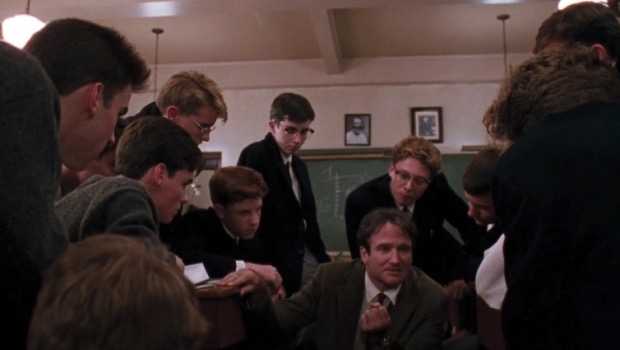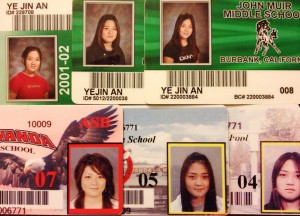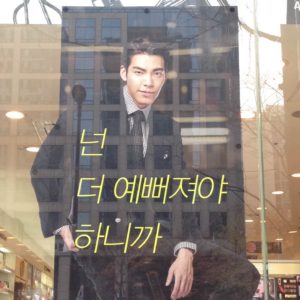
Any Questions?
I’m a native teacher at an English academy. To be more specific, I’m a substitute native teacher. I’m sent to different campuses when a permanent teacher takes days off. Some pro’s are that I see different parts of Seoul, get well-acquainted with the public transportation system, and meet lots of people. The con’s are that depending on the location, my day’s commute can take almost four hours total, my schedule changes each week, and I don’t get to build steady rapport with the students. After almost a year of aforementioned “sub lyfe,” I walk into each class not knowing what kind of chemistry awaits while regarding certain things, I know exactly what to expect.
 As I stand in front of the classroom, the students ask if their native teacher changed, in Korean. I tell them to use English because I am their temporary native teacher, and they usually tell me to drop the front, playfully. This is a good sign because it shows me that the students are vocal and now interested in the uncertain specimen of a teacher that is me. Then I introduce myself as an American who grew up in California.
As I stand in front of the classroom, the students ask if their native teacher changed, in Korean. I tell them to use English because I am their temporary native teacher, and they usually tell me to drop the front, playfully. This is a good sign because it shows me that the students are vocal and now interested in the uncertain specimen of a teacher that is me. Then I introduce myself as an American who grew up in California.
“Teacher, are you adopted?”
“Teacher, your mother and father, white?”
“Teacher, you mix?”
“Teacher, you look Korean.”
I take some time to explain how being American doesn’t mean that you have a “white” face, so to speak. I tell them the difference between nationality and ethnicity, and how U.S. is a country of immigrants, and that ultimately, they are to speak English to me, no exceptions. Then, in order to encourage more speaking out of the students, I let them ask me questions about myself as long as I get to ask the same question back to them.
“Teacher, you marry?”
“Teacher, you have a boyfriend?”
No.
“Ah, teacher, why?”
“Teacher, how tall you are?”
“Teacher, how tall you weight?”
“Teacher, are you fat?”
Are you unable to decide for yourself?
“Teacher, how old?”
(another student) “35!”
“46!”
(in Korean) “No, she looks about 29, 30.”
It was all fun and games for me until you genuinely started judging me older than I really am.
At first, I was startled. I thought these questions were pretty invasive, rude, and pointless. After a while, I became disappointed because regardless of the campus, grade, or level of the students, the repertoire of questions remained. Thus I tried asking the students of their hobbies, travels, or preferences. Alas, I was rarely reciprocated.
Now, I’m a bit preoccupied. Just yesterday, I was bombarded with the usual inquiries. To one class, I told the students that I was 72 and had 10 boyfriends. In another class, I kept the answers ambiguous. While the students were busy speculating the truth, I was busy studying their faces and assessing the overall shift in the classroom.
I’m not sure why the students here seem fixated on certain information. It can be because they hear their parents talk about some late-twenty-something who needs to get married. It can be because a popular variety show glamorizes how “light as a feather” a certain idol member is. It can be because of anything, really. Maybe they just wanted to see their teacher flustered, who knows?
My answers are met with laughter and heightened attention, and they’re met with suffocating silence so stark that it occupies the empty seat in the back. Amidst the commotion or awkwardness, I sometimes see a student in the corner who’s paying attention to me not for my reaction but out of their own consciousness. In the end, if the questions have any cultural references to them, then I’m not the poor native teacher that’s getting probed by nosy, inconsiderate students. I’m just a visitor who can easily observe the cultural norms here and choose to partake or not. It’s not quite the same for the students. The reason why they can so unabashedly ask these things may be because they live where certain numerical goals, beauty standards, and time schedules are typically expected of them.
As a teacher, I try to keep my speculations behind these questions in mind as I begin my lesson. Even when the students try to convince me to have a game day, I march on with subordinate clauses and sequencing words. By the end of class, I can’t help but feel closer to the students, much more so than the other way around probably.


